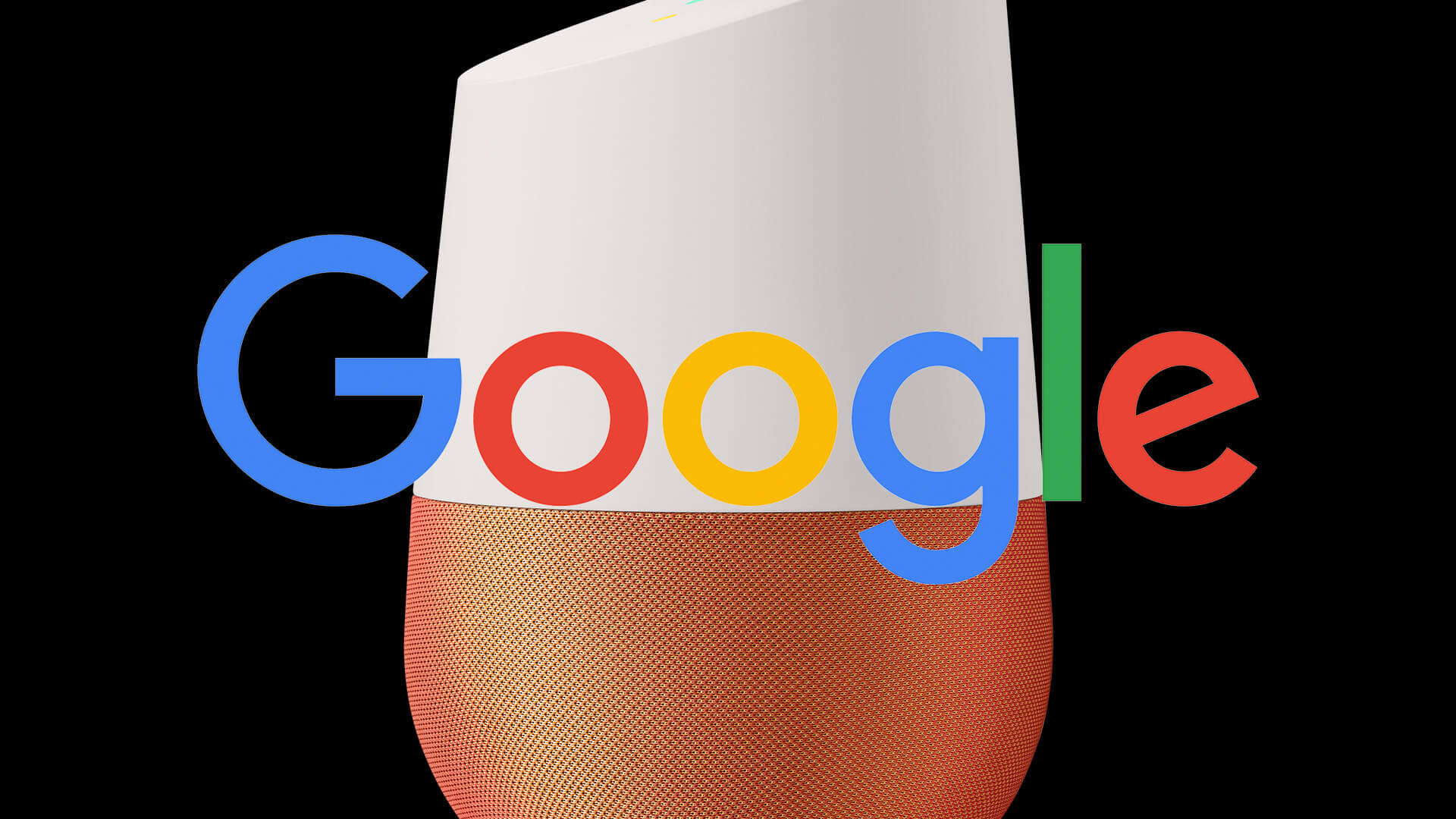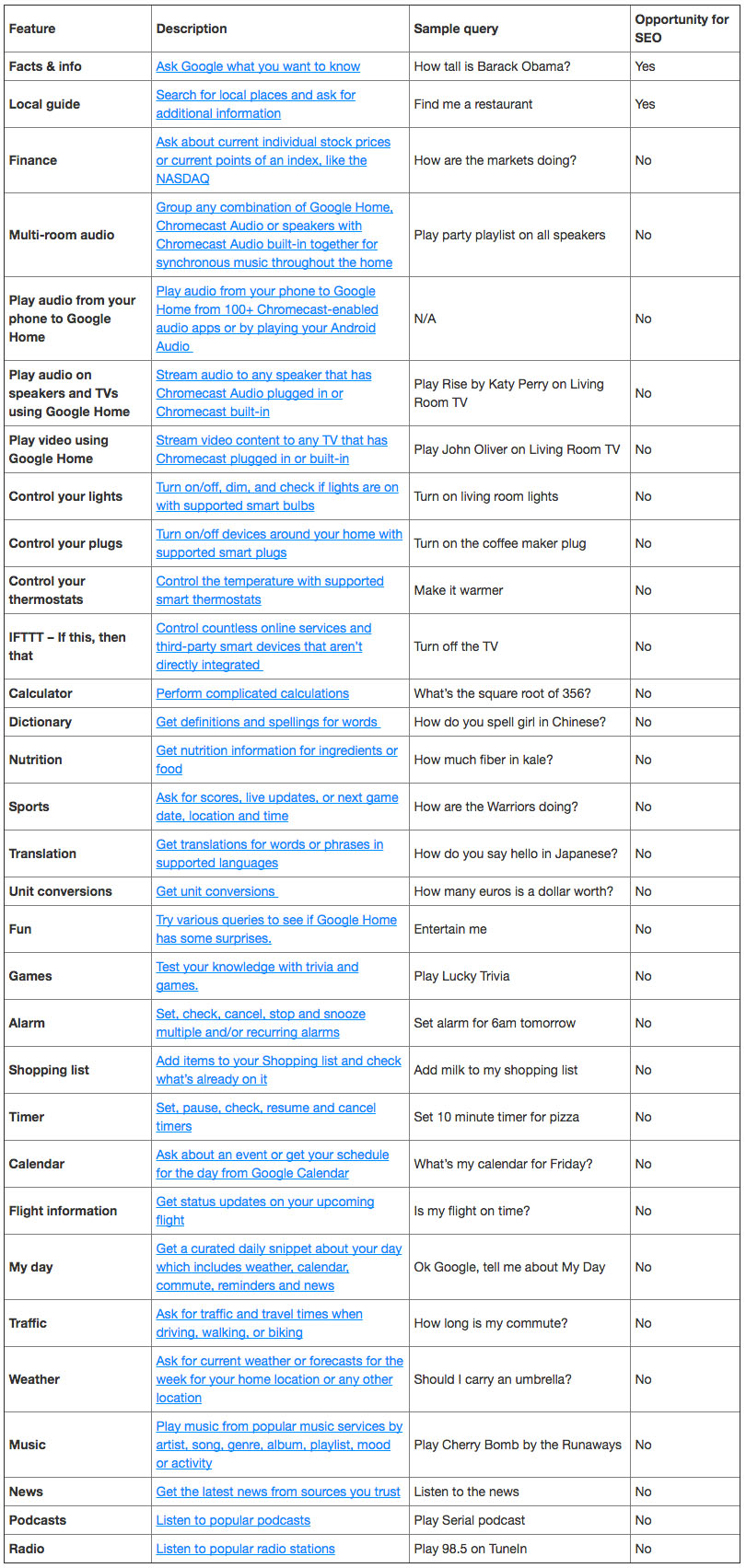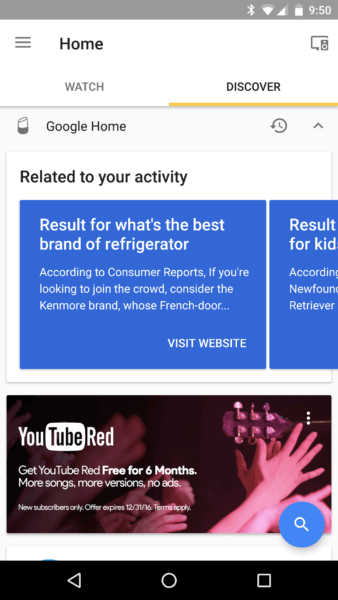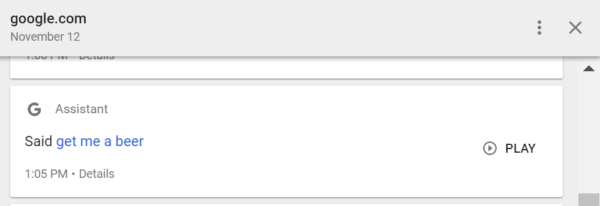Columnist Bryson Meunier discusses how the rise of digital assistants will impact how search engine optimization is performed.
Bryson Meunier on November 28, 2016 at 12:24 pm

On the first full day that we had a Google Home in our house, we interacted with it 473 times over the course of the day. Four hundred of those were my two-year-old asking it to play “Cherry Bomb” by The Runaways, followed by his mother or me interrupting with, “Hey Google! Stop!”
(Look, I love that song, too, but enough is enough, you know?)
The point is, watching the way that my family interacts with the device, and how often they interact with it, I’m more inclined to believe the forecast that sales of Amazon Echo and Google Home type devices will go from 1.8 million this year to 15.1 million in 2020.
Have you seen this demo video from Google I/O?:
It really can do all of those things, like turn on your lights and help you plan your day. There are many times where it gets stumped and says “Sorry, I’m not sure how to help with that,” but not nearly as many as Amazon Echo, as you can see in Danny Sullivan’s review. For the most part, it’s useful — and sometimes fun.
And as more people use smart speaker devices like these to get their information in a world without search engine results pages (SERPs), SEOs will have to adjust if they want to stay relevant.
Here are three ways SEOs can best position themselves for a world of assistant search without SERPs, powered by devices like Google Home and Amazon Echo.

Understand the types of queries this affects
It’s important to remember that most of the queries that Google Home handles on a regular basis are not the types of queries that are valuable to business anyway.
When I looked at the queries that my family of five asked Google Home over the course of that first weekend, the queries that were used most often are not the kind of queries that any business can monetize.
If you ask Google what a horse sounds like, for example, it neighs. If you ask it to play or stop music, that’s what it does. There is no opportunity for business exposure, as a successful search session ends at the answer or action.

And indeed, if you look at the types of things that Google Home can answer right now, there are only two categories where SEOs can have any effect at all: Facts & info and Local guide.

Out of all of these categories, the first two are the ones that use web or map search results currently and pull featured snippets from the web as answers, sometimes even providing a link to a website in the Home app.

The other types of queries are ones where what Google calls good abandonment applies, and these are not going to be worth most businesses’ time. If the searcher wants an answer, don’t get in her way.
But there are plenty of queries that Google Home just has no idea how to answer — and those are the ones, along with queries that are affected by featured snippets or maps, that SEOs can still optimize for.


Rank for featured snippets or go home
Search Engine Land contributing editor Greg Sterling recently asked on the LSA Insider blog, “Will (Mobile) SEO Soon Be a Thing of the Past?” His question relates to Google’s tendency with Assistant and Home to give answers instead of search results; and in a world where SEO is about ranking higher in the search results, what future does SEO have with devices that don’t provide search results?
It’s an interesting question — but when you really look at it, I think you’ll see that SEO is more important than ever in this context. There is only one number one spot, and that spot is used for the featured snippet. As long as these answers are pulled from Google search results and not from true artificial intelligence, SEOs will have a place in making sure that their answer is the one that appears in the featured snippet.
And so you see articles like this one, or Dr. Pete’s recent “How to Rank in Google Home,” that focus entirely on being picked up in those featured snippets.
If you can do that, you sometimes have a chance to drive more traffic to your website if Google provides a link in the Home app, and your site is credited as the original source, giving your brand credibility and authority.

Use the right blend of informational and promotional messaging in featured snippets
Yes, if someone is trying to get an answer, as a marketer you shouldn’t get in Google’s way of providing that answer. On the other hand, putting promotional messaging in your copy along with the information makes Google sound like she’s doing a radio spot for you when she reads the featured snippet.
See original article for example.
This may be short-lived, but currently Google reads whatever text is in the featured snippet, and there’s no rule saying that it can’t be positive for your brand.
Final thoughts
Will the rise of digital assistants cause SERPs to go extinct and eliminate the need for SEO altogether? Only time will tell, but for now, it just means a shift in how SEO practitioners approach their work.

